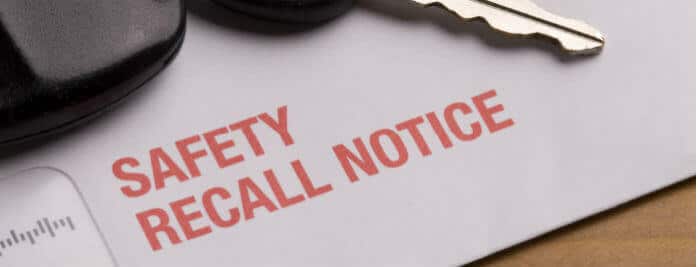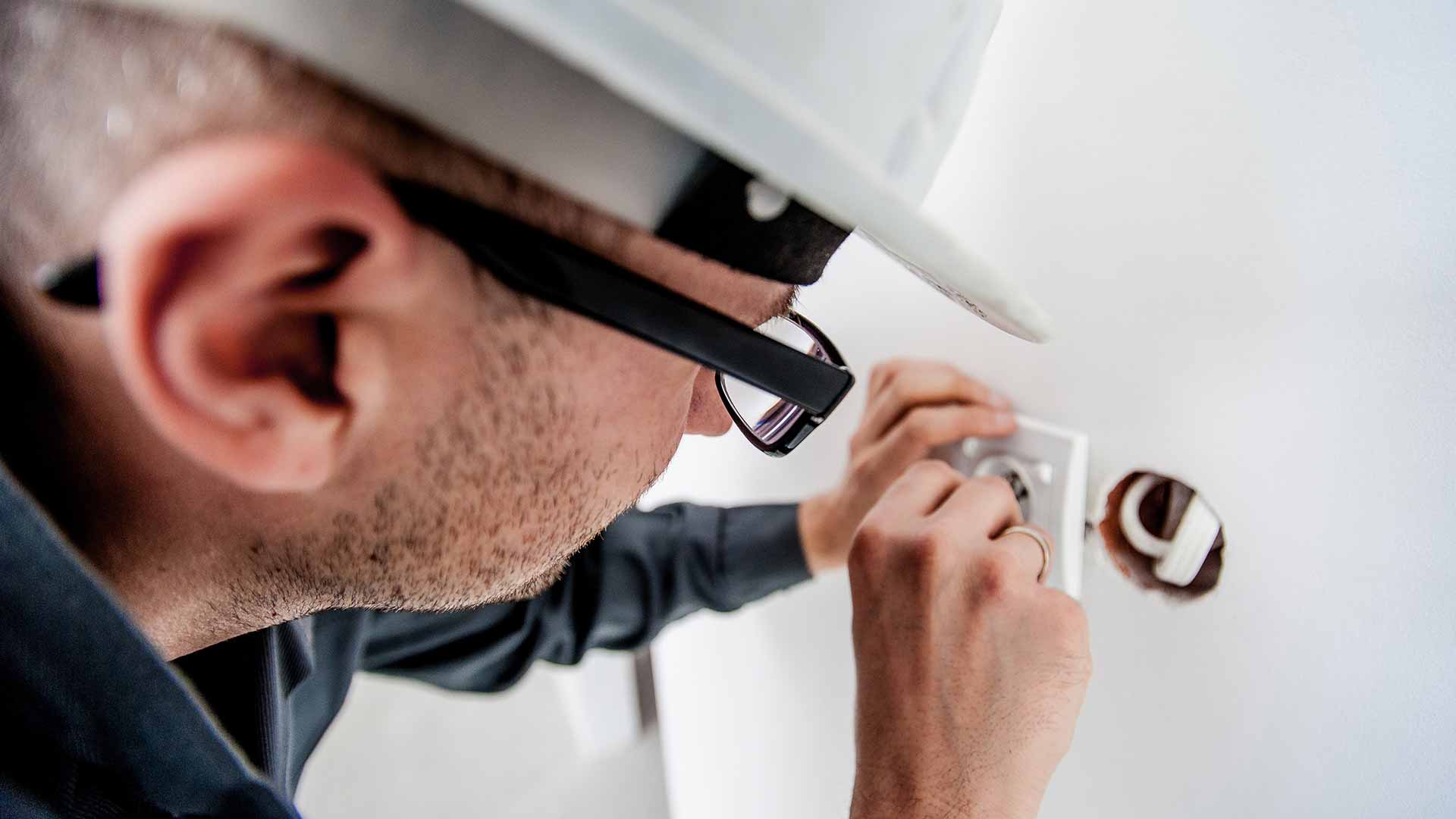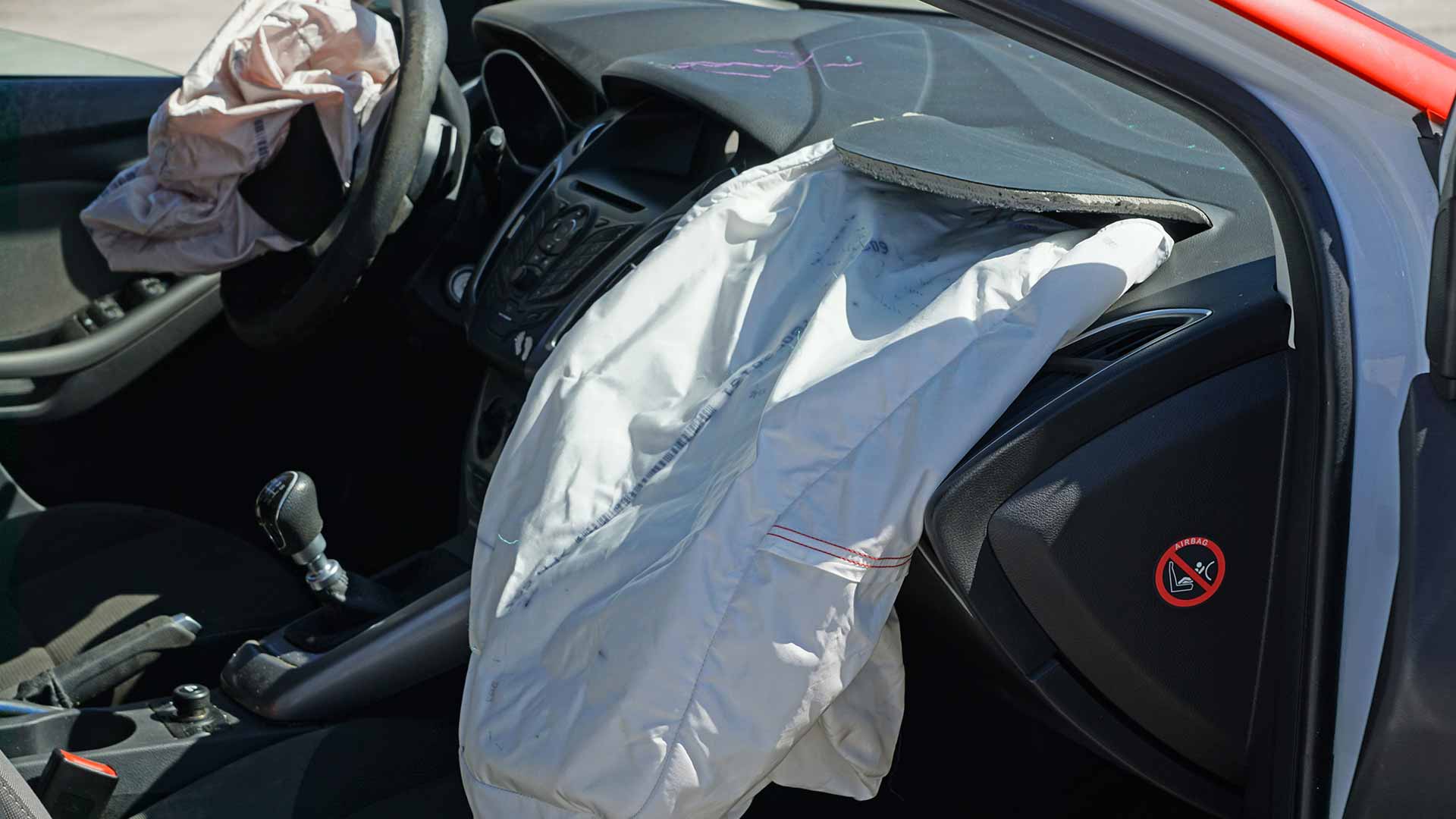Defective Products
Are you thinking about hiring a Las Vegas defective product lawyer to help with a personal injury claim? If so, there are few things you should know about Henness & Haight:
- We’ve been around for over two decades. Learn about our Firm’s mission and history.
- We will meet with you and review your case free of charge. Our knowledgeable and friendly staff will listen closely to the details of your case and answer all of your questions to the best of our ability.
- You don’t pay us anything up-front or out of pocket. We work on a contingency fee basis. This means that you only pay us if we recover money for you.
- We have hundreds of positive reviews. We invite you to check what people say about us on Google, Facebook, Yelp, and Lawyers.com and to read testimonials from our clients.
Not quite ready for a case review? No problem. This page has a great deal of helpful information that will help you understand defective product claims in Nevada. We’ll be here to help you whenever you’re ready.

About Defective Products
As consumers, we use a wide range of products supplied to us by manufacturers, distributors, and retail stores on a daily basis, including everything from home appliances and food products to vehicles and prescription medications.
Because any defects in these products can have devastating consequences for our health and safety, companies in Nevada are required to use great care when designing and manufacturing consumer products. While many companies are careful to abide by these regulations, a surprising number do not, which leaves consumers at risk of serious injury if a product ends up being defective.
Fortunately, consumers who are injured while using consumer products can often recover damages from the at-fault company compensating them for their losses, which could include medical expenses, lost wages, property damage, and pain and suffering.
Filing these types of claims can be difficult, so if you want to find out more about filing a product liability claim against the manufacturer, distributor, or retailer responsible for your own injuries, it is important to speak with an experienced Las Vegas products liability attorney who can advise you.
Types of Product Liability Claims
Defects in consumer products can occur at almost any stage of their development, including production, marketing, and design. This is because companies that choose to design and manufacture products must use reasonable care in doing so throughout the entire process from design to delivery. Regardless of when the defect actually occurred, an injured party generally has to file his or her claim under one of three different legal theories: negligence, breach of warranty, or strict liability.
Negligence
Plaintiffs who file their defective product claims based on a party’s negligence must be able to demonstrate that although a company had a duty to use reasonable care when designing, manufacturing, packaging, or handling a product, it failed to do so, which resulted in the plaintiff’s injury. Claims based on allegations of negligence usually require testimony from experts who can specifically point to the company’s deviation from the standard of care used in a certain industry. This could include negligent acts such as using cheap or low quality materials, using unskilled or unqualified workers, or failing to conduct proper safety testing.
Breach of Warranty
Demonstrating that a company was negligent can be difficult and require years of litigation, so many injured consumers choose to file their defective product suits as breach of warranty claims. This theory requires proof that the product in question didn’t meet the consumer’s expectations, or did not perform as the manufacturer promised. There are two main types of warranties that come with most consumer products, including:
- Express warranties, which are explicit promises that a product will work a certain way and can take the form of a guarantee on a label, or a promise made during an advertisement or on the product’s packaging; and
- Implied warranties, which although not written or stated outright, are implied promises that a product will work for its obviously intended purpose.
Breach of warranty claims are often accompanied by allegations of fraud or misrepresentation, especially if a plaintiff’s suit involves claims of overstated advertising, or the use of false or misleading labels that misrepresented material facts about a product.
Strict Liability
Fortunately for plaintiffs, many of the product liability claims that arise in Nevada fall under the category of strict liability, which means that consumers are not required to provide evidence that a manufacturer was negligent or somehow breached its warranty in order to recover damages. Although plaintiffs who file strict liability claims do not have to provide evidence that a manufacturer, distributor, or seller should have been more careful or that it made errors in its design, they are required to establish that:
- A product had a design, manufacturing, or warning label defect that made it unreasonably dangerous to users;
- The defect existed at the time that the product in question left the defendant’s control;
- The product was used in a way that was foreseeable to the defendant; and
- The product’s defect caused them to suffer an injury.
Strict liability claims are filed most often when a person is injured by a product that was unreasonably dangerous due to an error in the manufacturing process. However, this type of claim can usually be filed any time a dangerous product failed to perform in the manner expected based on its intended function and nature.
Types of Product Defects
There are three main types of defects for which injured consumers can recover damages, including: design defects, manufacturing defects, and warning label defects. Design flaws involve defects in how a product was designed or planned, which means that every product, not just those that depart from a design, will be defective. Lawsuits against manufacturers who made a defectively designed product usually fall under the umbrella of strict liability, which says that companies can be held liable merely for putting a dangerous product on the market.
Manufacturing defects, on the other hand, describe flaws that were not the result of a poor design, but can be linked to a fault in production that rendered them hazardous to users. It is not uncommon for a manufacturing defect to result in only a small grouping of defective products that were manufactured with a dangerous defect. In these cases, most plaintiffs file claims based on negligence, as they can point to the safe version of the products as evidence of a failure to use reasonable care.
Finally, a manufacturer could be held liable for injuries caused by a product that came with insufficient or inadequate labels that failed to notify users of the hazards of using the product. Even if a product was perfectly designed and produced, it must still come with warnings of potential harm to plaintiffs, so failing to include proper instructions or labeling is often enough to hold an at-fault manufacturer or distributor liable for damages.
Experienced Las Vegas Product Liability Attorneys
For help with your own product liability claim, please contact the dedicated defective products attorneys at Henness & Haight today by calling (702) 805-HELP.
Contact Our Las Vegas Product Liability Lawyers
At Henness & Haight, we believe that negligent manufacturers who place the safety of innocent consumers should be held accountable for their actions. That is why we are dedicated to fighting to protect the rights of the injured.
If you believe you have been injured or lost a loved one because of a defective product, do not hesitate to contact our Las Vegas product liability lawyers for a free review of your claim. We work on a contingency fee basis and do not get paid unless your case is successful.
Related Blog Posts
Do I Have a Product Liability Case?
Defective products pose a serious threat to consumer safety and can cause an unsuspecting person to suffer serious injury or
Takata Could Settle Criminal Charges in Early 2017
After being linked to 11 deaths and more than 180 injuries in the U.S., Japanese airbag manufacturer, Takata Corp., could
Federal Government Speeds up Takata Air Bag Recalls
The National Highway Traffic Safety Administration (NHTSA) has ordered automakers to quicken their recalls of vehicles that are equipped with




